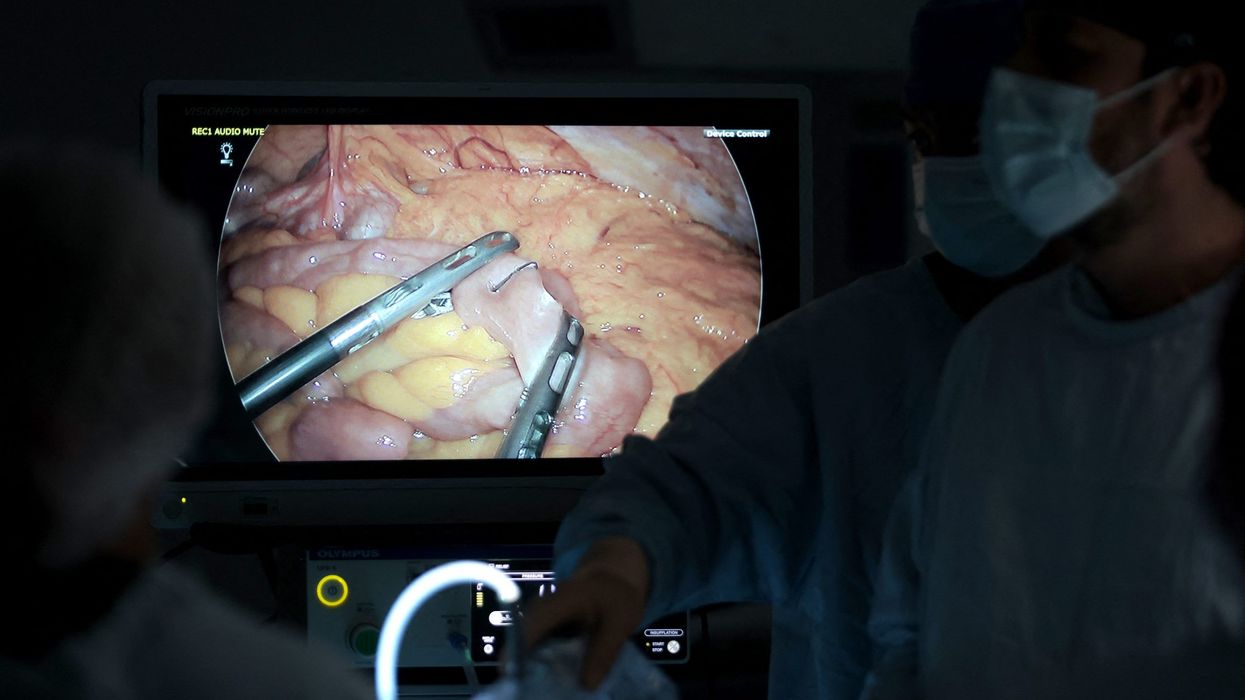According to the report, in 2022-23, 4.4 million people were diagnosed with diabetes
"Bold action is needed to reverse the rising trend in type 2 diabetes, overturn our broken food environment, and give every child and young person the best possible chance to grow up in good health," retorts Chief Executive of Diabetes UK.
A newly published report, Reverse the Trend - Reducing type 2 diabetes in young people, reveals a troubling 40 per cent rise in type 2 diabetes diagnoses among younger people from 2016-17 to 2022-23.
The report highlights that almost 168,000 individuals under 40 in the UK are currently living with type 2 diabetes, an increase of over 47,000 since 2016-17.
Historically associated with older adults, type 2 diabetes is now increasing more rapidly among younger populations, particularly affecting those from deprived areas and Black and South Asian communities.
Children in the most deprived regions are five times more likely to develop type 2 diabetes compared to those in affluent areas.
The report serves as a health implications tied to obesity and the environmental factors that are exacerbating these conditions among younger demographics.
Current data indicates that nearly 4.4 million people in the UK have been diagnosed with diabetes as of 2022-23.
Of these, approximately 8 per cent have type 1 diabetes, while 90 per cent suffer from type 2 diabetes.
Moreover, there are over 1.2 million individuals potentially living with undiagnosed type 2 diabetes, pushing the total number of people affected by diabetes in the UK to over 5.6 million.
In response to these findings, Diabetes UK held a reception at the Houses of Parliament to raise awareness and call for comprehensive measures to address this growing health crisis.
The organisation has urged the government to implement several key actions to reduce health inequalities, and improve outcomes.
This includes creating healthy foundations for youth to ensure they have access to affordable and healthy food, green spaces, and quality of housing.
They have also urged the government to enforce restrictions on junk food advertising and build upon sugar tax while providing long-term funding programs to support those at higher risk of diabetes.
Colette Marshall, Chief Executive of Diabetes UK, emphasised the urgency of the situation: "Diagnoses of type 2 diabetes in people under 40 are rising to alarming levels. It’s a damning indictment of the barriers that many of us face to living a healthy life."
"There is a generational opportunity to stop this crisis in its tracks, and we are calling on all political parties to seize it."
"The decisions taken now will determine the health of young people today and future generations," he added.
Call to Action
As part of Type 2 Diabetes Prevention Week, Diabetes UK encourages the public to use their online Know Your Risk tool, which helps individuals assess their risk of developing type 2 diabetes and provides guidance on preventative measures.
Those identified as high risk may be referred to the NHS Diabetes Prevention Programme, which has shown to reduce the risk of developing type 2 diabetes by over a third.
Healthcare professionals are also being equipped with resources, including text template messages to support those newly diagnosed and information on prevention and management strategies.
Additionally, NHS England has launched a new e-Learning program on managing type 2 diabetes in children and young people, available for free on the NHS Learning Hub.
Diabetes UK calls for collective action to reverse the trend and ensure a healthier future for the next generation.












